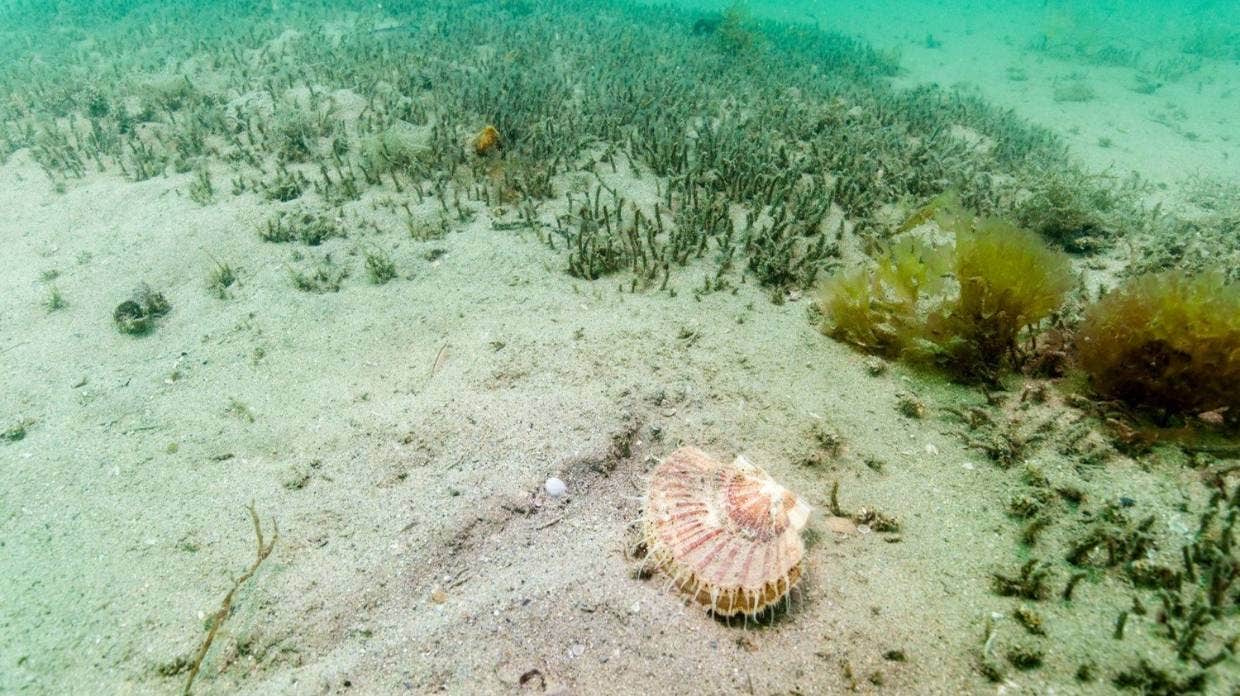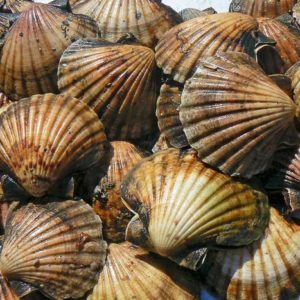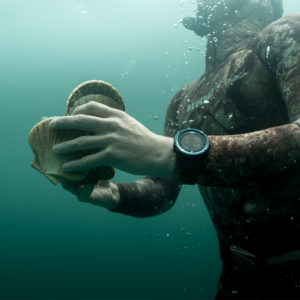Groups that worked to save Coromandel scallop beds are delighted with David Parker’s decision to endorse the regional rāhui on scallops. But, at the same time, are concerned commercial fishers will now desecrate the already threatened scallop beds off Omaha, Great Barrier and Little Barrier.
Ngāti Hei kaitiaki, Joe Davis welcomed the decision to ban scallop harvesting on the eastern Coromandel. “Hand in hand, Māori and Pakeha, visitors and locals, we have worked to save the scallops before it was too late. So our mokopuna will still have scallops left in the future. This was a collective effort. After the outcry over the disgraceful efforts by the commercial fishers to get in and take the scallops saved by observing the rāhui, we are grateful that common sense has prevailed.
“We thank the Minister for listening. We fully acknowledge this is a win for the Coromandel however not for the whole Gulf. Commercial fishing will now have to move its focus onto scallop beds around Omaha, Great Barrier and Little Barrier. Hopefully this decision will encourage mana whenua and other communities to feel emboldened and empowered to use their position of kaitiaki.”
Ōpito Bay Ratepayers Association chairman Chris Severne said: ”We’re rapt that the Coromandel Peninsula community has been heard. That our concerns have been respected and that all of our efforts haven’t been in vain. It was worthwhile putting in the effort and completing the scallop survey which provided scientific evidence to support this ban.”
President of Tairua-Pauanui Sports Fishing Club Warren Maher said: “We are stoked this has happened in our back yard, but NZ Sport Fishing Council policy is to ban all scallop dredging nationwide. We’ve already seen that dredging and overfishing of scallops has led to the closure of the Marlborough Sounds-Tasman Bay scallop fishery. After five years that fishery has not recovered and is still closed. We could see the Coromandel scallop fishery going the same way, and now we envisage the same thing happening to the scallop beds off Omaha and the Barrier.
“If a dredging ban is good enough for the Coromandel it’s good enough for the whole Gulf.”
LegaSea lead, Sam Woolford said: “We’re delighted with the decision. There has, however, been no concurrent reduction in the commercial catch limit even though the area available to fishing is now nearly 2,500 kilometres smaller due to the closure. We’re concerned that commercial fishers now will seek to get their 50 tonne quota out of the remaining open areas and yet that limit has been uncatchable since 2013.
“We still haven’t addressed the fundamental issue of why the scallop beds are declining, which is overfishing of brood stock and destructive fishing techniques in the Hauraki Gulf.
“It is important to understand there’s a stark reality to this celebration that if dredging is not banned in all the Hauraki Gulf, then Omaha, Great Barrier and Little Barrier will be desecrated.”




